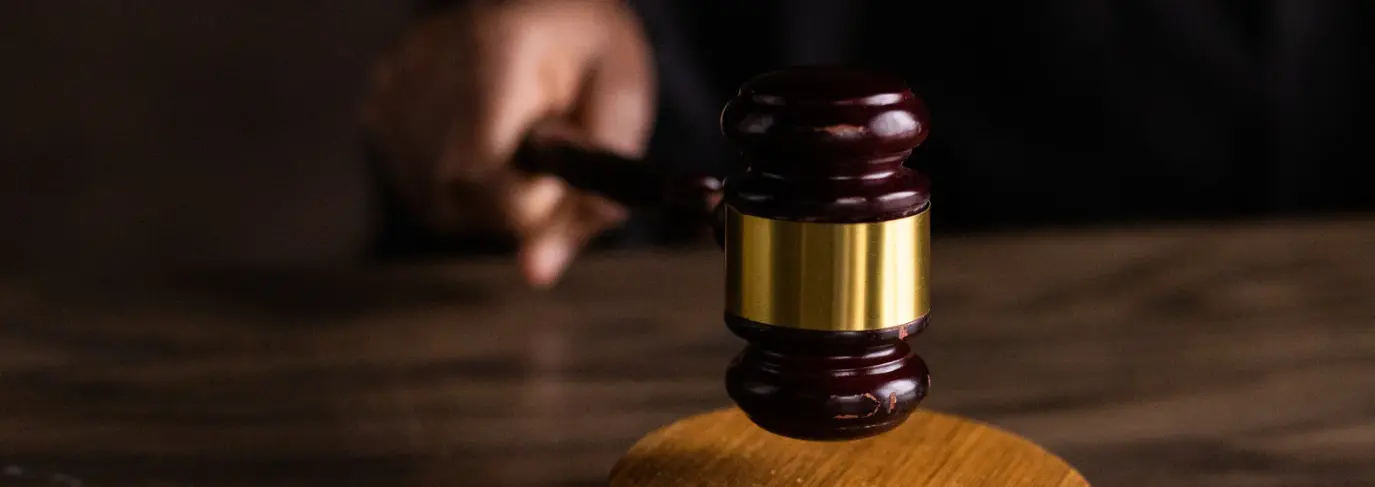LEGAL REMEDY PROVISIONS OF CASSATION ON PKPU CASE POST CONSTITUTIONAL COURT DECISION

IN BRIEF
Constitutional Court has decided that a cassation for PKPU decision can be conducted if PKPU application filed by the Creditor with the composition plan of the Debtor, is rejected by the Creditor (MK Decision Number 23/PUU-XIX/2021).
Suspension of Payment Proceedings (“PKPU”) is regulated in Article 222 to 294 of Law Number 37 of 2004 concerning Bankruptcy and PKPU (“Bankruptcy Law”). Pertaining to the regulation of PKPU in Bankruptcy Law, we can simply see that PKPU is an instrument for mass debt restructuring with creditors through the commercial court facilitated by administrator and supervisory judge.
Debt restructuring in the PKPU process involves all creditors, both secured and unsecured creditors. If the composition plan submitted by the Debtor to Creditors succeeds in obtaining the approval of the Creditors in accordance with the conditions stipulated in Article 281 (1) of Bankruptcy Law, then it will be ratified by the court in which court-approved composition plan will bind all Creditors.
Previously, if the composition plan proposed by the Debtor is rejected by the Creditors, then the Debtor must be declared Bankrupt (see Article 289 of Bankruptcy Law). In addition, PKPU decision cannot be filed for any legal remedies and Court decision based on the provisions in Chapter III (PKPU) is not open for any legal remedies, unless otherwise stipulated in Bankruptcy Law (see Article 235 (1) and Article 293 (1) of Bankruptcy Law).
However, the Constitutional Court ("MK") has just decided that Article 235 (1) and Article 293 (1) of Bankruptcy Law are unconstitutional and have no binding legal force, as long as they are not interpreted "allowing a cassation against PKPU decision filed by the creditor and rejecting the composition plan of the debtor". This is pursuant to the decision of MK No. 23/PUU-XIX/2021 pronounced in MK plenary session on 15 December 2021 (“MK Decision 23”).
Based on MK Decision 23, the cassation against the PKPU decision is only applicable if PKPU application filed by the Creditor with the composition plan of the Debtor, is rejected by the Creditor.
Furthermore, MK in its consideration states that as a juridical consequence of other articles contained in Bankruptcy Law which were not tested and affected by a quo decision, their enforcement must be in accordance with a quo case decision (MK Decision).
Email to ask any question at info@navinsco.com or call at 082193211562
